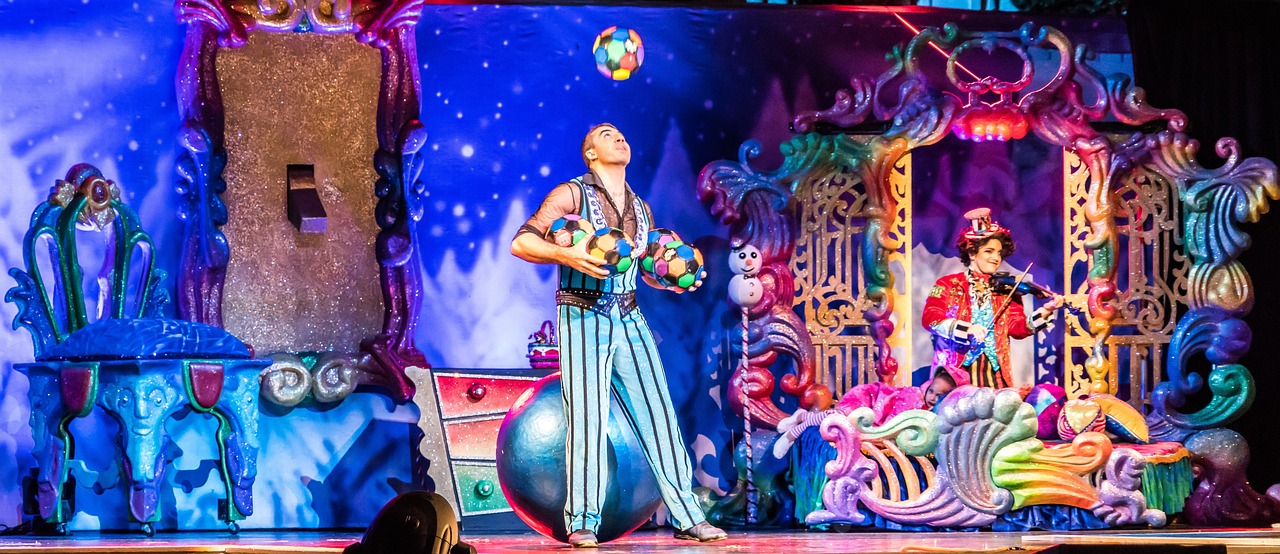The Future of AI-Generated Video Editing in Film and TV
Artificial Intelligence (AI) technology has made substantial advancements in the field of video editing. Through the application of complex algorithms and machine learning techniques, AI has revolutionized the way video content is crafted and produced. In real-time, AI systems can analyze vast amounts of data to enhance visual effects, improve image quality, and even automate tedious editing tasks, significantly reducing production time and costs. The precision and efficiency of AI-generated video editing have enabled filmmakers and content creators to bring their artistic visions to life with greater ease and speed than ever before.
One of the key strengths of AI technology in video editing is its ability to streamline the post-production process. Tasks that traditionally required manual labor and meticulous attention to detail, such as color correction, object tracking, and video stabilization, can now be performed seamlessly by AI algorithms. This not only accelerates the editing workflow but also ensures a higher level of consistency and quality across different projects. Moreover, AI-powered video editing tools are continually evolving, adapting to user preferences and feedback to deliver increasingly sophisticated and personalized editing solutions.
Benefits of AI-Generated Video Editing in Film and TV Industry
AI-generated video editing brings efficiency and speed to the film and TV industry. With the help of AI algorithms, repetitive tasks such as sorting through footage, color correction, and audio syncing can be automated, saving valuable time for editors and allowing them to focus on more creative aspects of their work.
Moreover, AI technology enables more accurate and consistent editing, leading to a higher quality final product. By analyzing data and patterns from successful films and TV shows, AI algorithms can suggest editing techniques and styles that are proven to resonate with audiences, helping filmmakers create content that is engaging and visually appealing.
• AI-generated video editing automates repetitive tasks such as sorting through footage, color correction, and audio syncing
• Saves valuable time for editors to focus on more creative aspects of their work
• Enables more accurate and consistent editing for a higher quality final product
• Analyzes data and patterns from successful films and TV shows to suggest editing techniques that resonate with audiences
• Helps filmmakers create engaging and visually appealing content
Challenges Faced by AI-Generated Video Editing in Film and TV
AI-generated video editing in the film and TV industry has undoubtedly revolutionized the way content is produced and edited. However, one of the biggest challenges faced by this technology is its inability to replicate the creative eye and instinct of human editors. While AI can efficiently perform tasks such as color correction and audio syncing, it often lacks the intuition and artistic judgment that human editors bring to the table.
Moreover, another significant challenge is the reliance on large datasets for training AI algorithms. The effectiveness of AI-generated video editing is heavily dependent on the quality and diversity of the data used to train the system. Limited or biased datasets can result in inaccurate or incomplete editing decisions, leading to subpar results. As a result, ensuring access to diverse and comprehensive datasets remains a key challenge in harnessing the full potential of AI technology in video editing.
How does AI technology contribute to video editing in the film and TV industry?
AI technology automates the process of video editing, making it faster and more efficient. It can assist in tasks such as color correction, audio enhancement, and even scene selection.
What are the benefits of using AI-generated video editing in film and TV?
Some benefits of AI-generated video editing include saving time and resources, improving the quality of the final product, and enabling filmmakers to experiment with different editing styles.
What are some challenges faced by AI-generated video editing in the film and TV industry?
Challenges include the need for human oversight to ensure quality control, limitations in the ability to understand context and emotions, and potential job displacement for traditional video editors.







